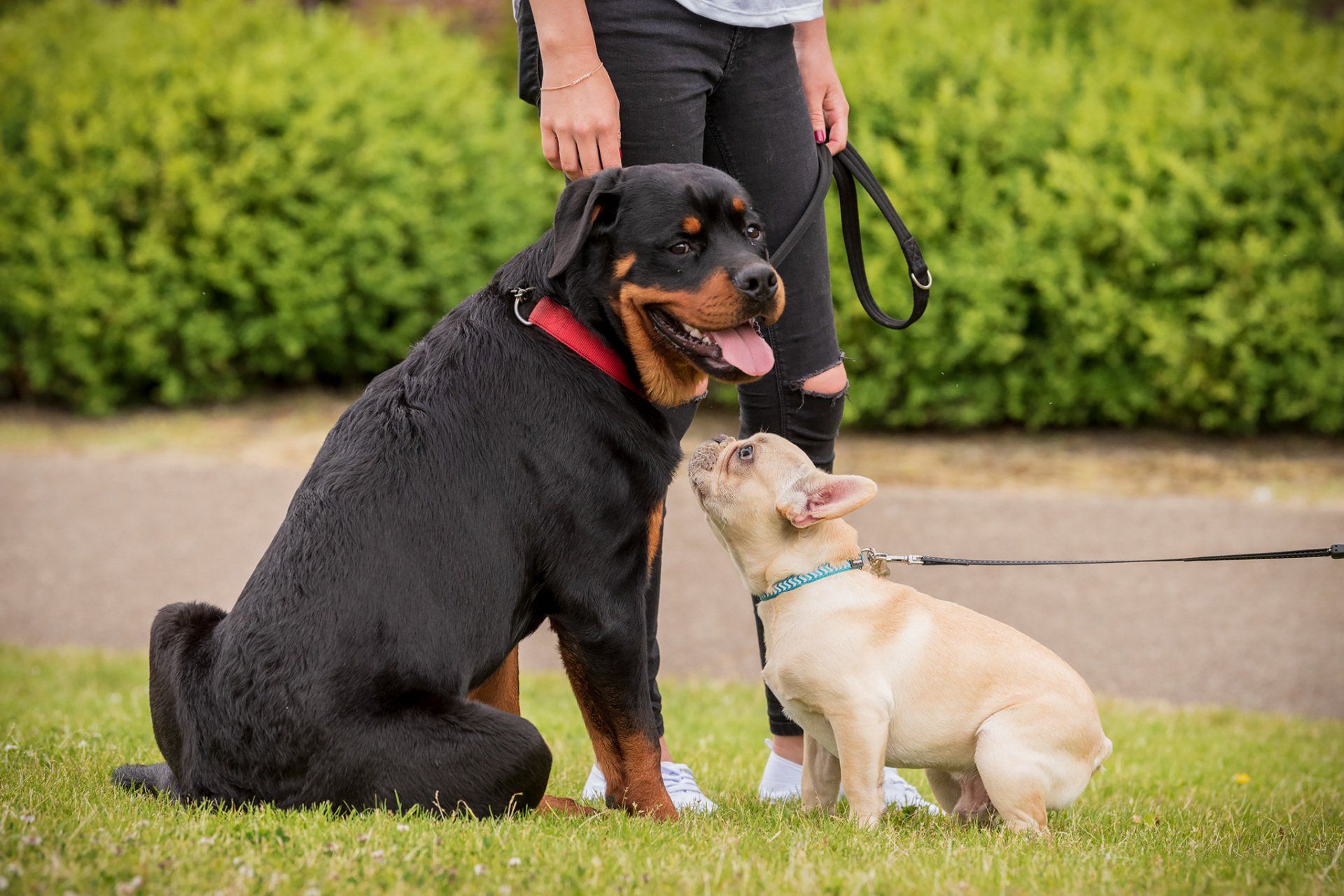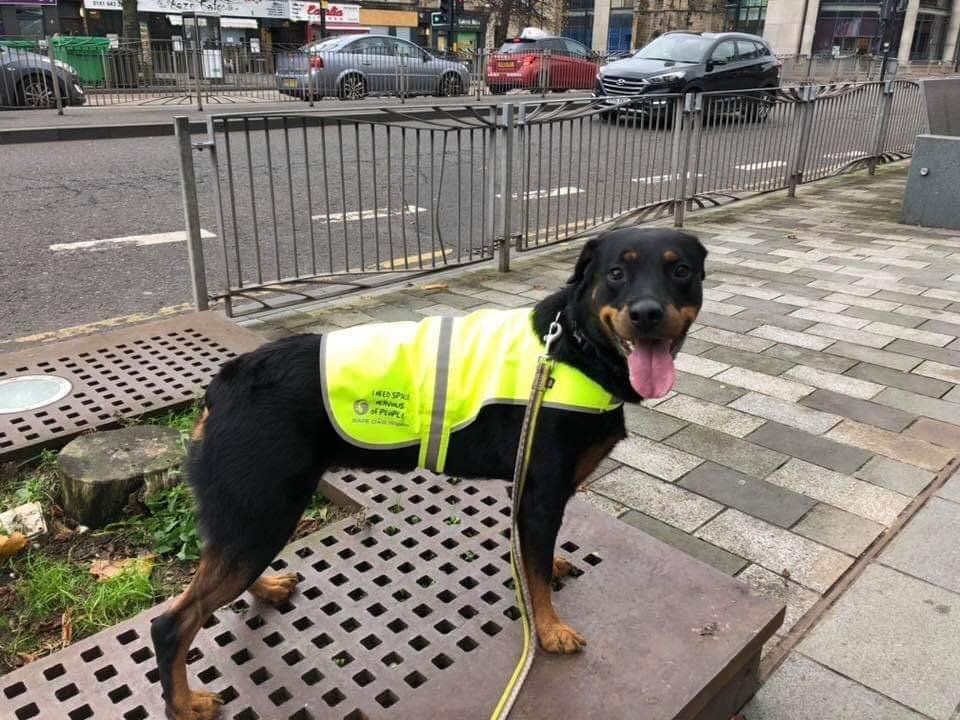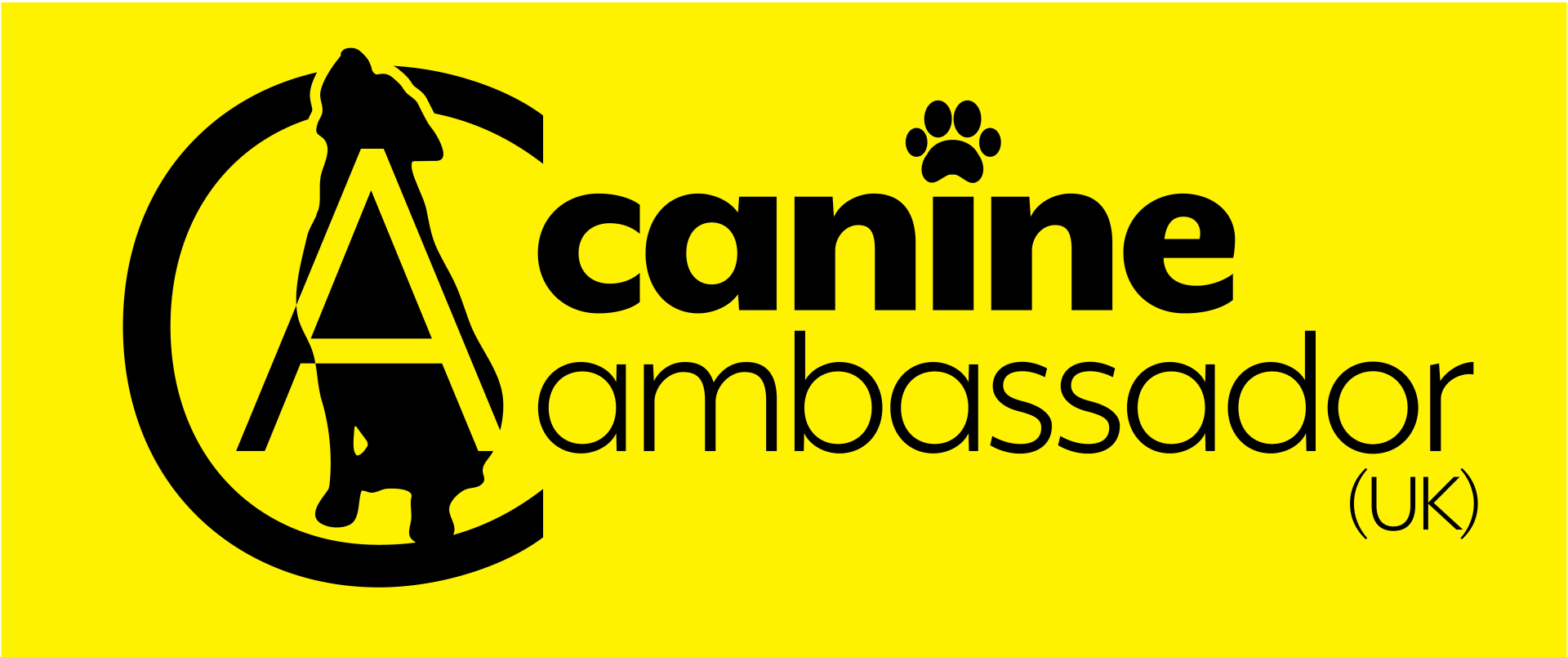Socialising your dog with others
- By Canine Ambassador
- •
- 15 Sep, 2018
- •
We all strive for a dog that's friendly and gets along well with others, but with dog reactivity and behaviour problems at an all-time high, where are we going wrong?

We all strive for a dog that's friendly and gets along well with others.
In fact, the dog guardians/owners of today actually try harder than any generations before to socialise their dog with others. They attend puppy classes, vet puppy parties, doggy playdates, send their dogs to daycare, and encourage it to play with random dogs in the park at every opportunity.
So, with all this happening we should all have dogs which are extremely comfortable and friendly with other dogs…right?
However, that's far from the truth, as dog reactivity and behaviour problems are at an all-time high, leaving owners bamboozled on where it all went wrong?
The trouble is what the human believes is ‘play’ is often not the case at all, and that's where the many puppy classes, parties and daycare centres who allow free play go wrong.
This is where physical contact with a strange dog starts to become the norm! The pup has now formed a new expectation, that every meeting will result in physical contact. Shy timid puppies learn what bullish pups are capable of whilst confident ones learn to be more domineering. As a direct result the timid puppies begin to expect and dread physical contact with strange dogs heading their way. While the overconfident puppies are likely to crave physical interaction with strange dogs and act inappropriately when they get to meet.
Studying videos of dogs in certain daycare centres it's not hard to find a video of a dog being terrorised by others which the supervising human simply believes to be play or two dogs having fun. Whether a dog has been subjected to hours’ worth of harassment per day or maybe even just had one defining incident, we could well now have a dog that when its owners put it on a leash outdoors becomes dog reactive immediately.
It’s not the case that our pet dogs can’t or shouldn’t be allowed to play, of course they can, but they should only play with dogs they are comfortable with after getting to know them.
How do we recognise true play? True play is when the interaction goes both ways between both dogs. They go back and forth with movements. They adopt a play stance which has the head low and the butt high with a wave tail. They don’t hurt one another. They don’t use high pitch barks and yelps to gain a reaction from another.
Dogs don’t need be taught how to play, it’s natural to them, and provided they were with mum and litter mates for the recommended period, they already know how to play.
They need to be taught how to calmly and pleasantly meet and greet each other to keep each new encounter positive, leaving them feeling in control, comfortable and safe.
A social dog is a dog which can meet, greet and move on, not a dog who jumps all over others.
Canine Ambassador


